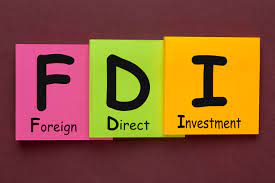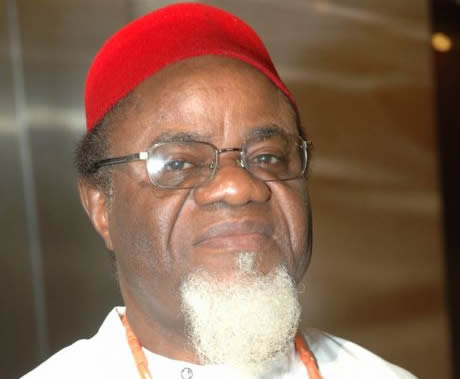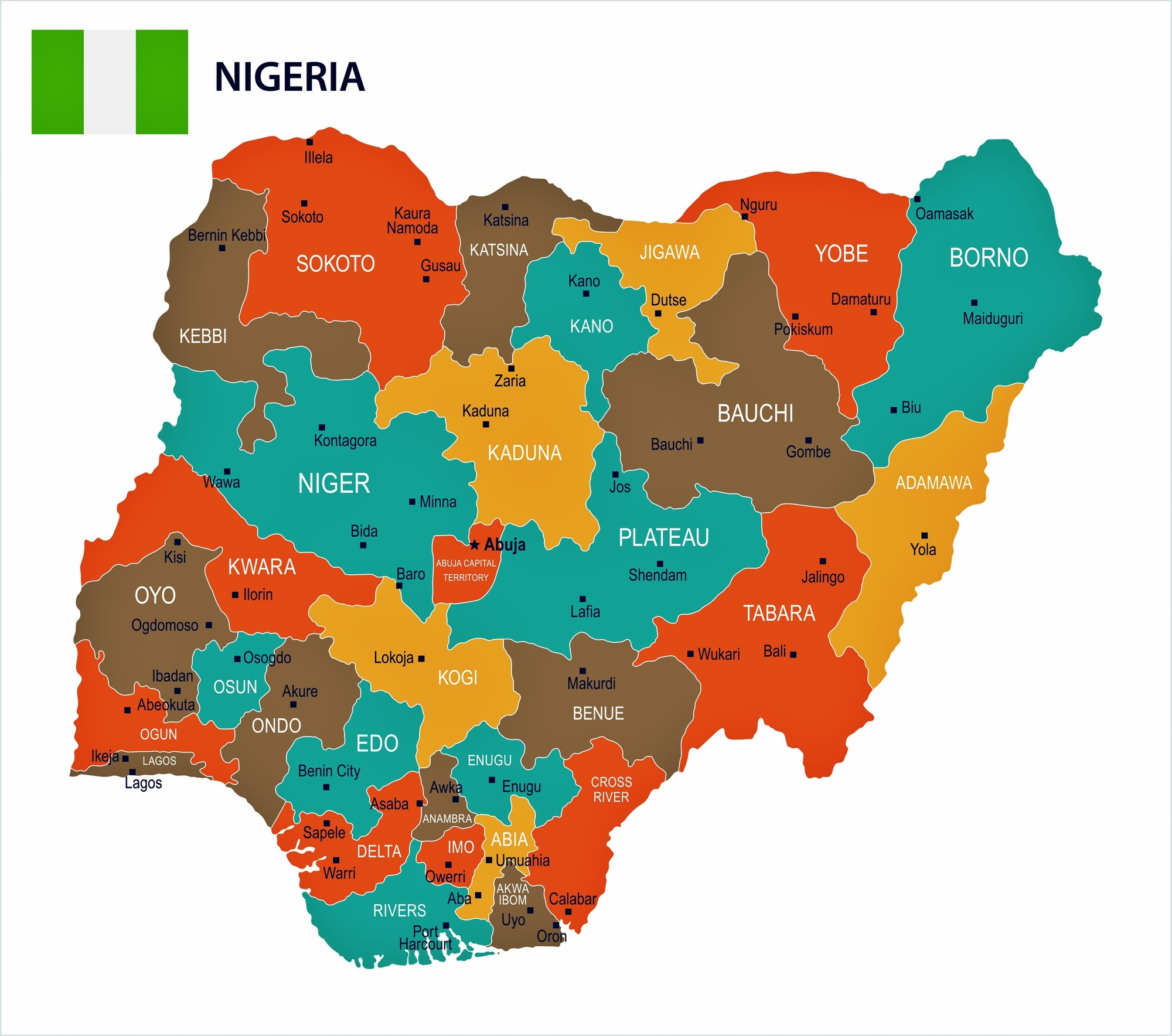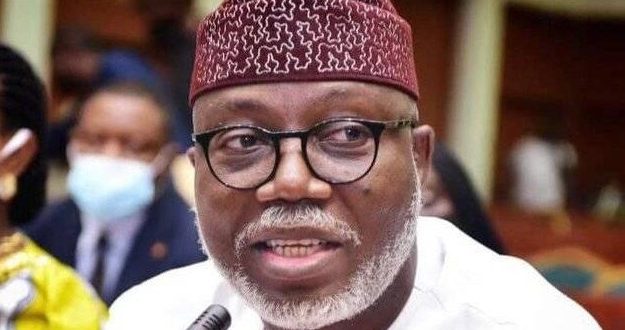How Nigerian States Can Attract More Foreign Direct Investments (FDI)

By Kalu Aja
What would you consider? Market? Constant power supply to make bread all day round? Access to cheap raw materials like wheat? Lagos State has the larger market but Kebbi has cheaper access to wheat, a raw material used in baking. Lagos State on the other hand charges more in tenement rates and local government levies than Kebbi State, but Kebbi State has no railways. Tough call.
These are the questions every investor, Local and Foreign battles within selecting were to locate a factory, do we go for the educated workforce or access to capital? Both are important.
Tesla Motors for instance is in Germany. Germany has the market, the Labour and the subsidies for car manufactures, but Germany’s top tax rate is 15 per cent, US top tax rate is 21 per cent, so Tesla has an incentive to make cars in Germany, not just in Californian and export to Germany. What about Ireland? The tax rate is 12.5 per cent They have Google, Microsoft, Amazon, Facebook with the European headquarters in Ireland. Ireland has a stated policy of keeping taxes low and attracting companies that want to enter Europe via Ireland
We can agree on one thing, a good policy attracts FDI. Bad policies drive out FDI. There is this quote, wrongly credited to the bible, “Heaven helps those that help themselves.” My version is this, “Wealth comes to those that help themselves.” When an investor comes to a State what is the response of the State? Is it joy that the investor will create jobs, boost commerce, which will generate taxes that will fund public services? Or do the states simply view the investor as a cash cow? ATM?
In March 2010, the town of Topeka in Kansas USA changed her name temporarily to Google. Why? Google back then was building super-fast Internet connections in selected US cities under its program called “Fiber for Communities” (we are talking 1 gigabit per second speed). Many US cities are bidding to attract Google to their town to invest and create jobs. The name change was Topeka’s marketing gamble to Google, in essence, Topeka was telling Googe, “we want your business so much, we are willing to change our name.” Corny? Maybe, but give the town an A grade for trying.
Why would a Town want to change its name to attract jobs? Well because that town has bills to pay, and understands that they cannot survive on Federal transfers or grants. The Mayor of Topeka cannot depend on the Consolidated Revenue Fund (aka FAAC) to flow from Washington to Kansas based on metrics such as “landmass” and “minimum responsibility of states,” so each town and city has to become creative to attract business to their town. They understand a business creates commerce around it and that commerce generates spinoff activities which create more commerce and then pay other types of taxes e.g. Value Added Tax. In essence, States and towns are thus in competition to build roads and schools to attract jobs to their State.
Take another example of the city of Portland in Oregon, USA. Portland has the second-lowest taxes on data centres in America, just 2 per cent as compared to say Chicago at 25 per cent. Oregon also has no Sales Tax. That tax incentive Portland has given has attracted large data centres to rural parts of the state, Amazon, Google, Apple, and Facebook all have massive installations located there.
That is how it’s done, States “help” themselves not by charging multiple taxes but by targeted economic incentives to investors. Investors come in, employ people and boost commerce. As the Nigerian states need to fund their budgets, the response should not be a slew of new taxes but the creation of policies to attract the private sector to their states. You don’t need billions to do this, States in Nigeria can build a park or blocks of flats, power it 24/7, offer support services like legal and Accounting, and subsidized rent to companies who will employ 50 or more citizens in jobs that pay a means-tested wage, with full healthcare and pension benefits. Imagine these in every LGA in the various states.
States however need help, they can’t compete if there is nothing to compete with.
The Nigerian Constitution needs to allow States in Nigeria to also register and incorporate Limited Liability Companies and PLCs, thus the Bakery can incorporate in a State, and get a State CAC license which means it can pay Corporate Income Tax to the State Government, not just the Federal Government. Am I proposing a new State Tax? No! The Company Income Tax should be collected by the States that attract the Companies, the States can then retain an agreed portion by the principle of derivation and remit a portion to Abuja.
States should also be allowed to charge whatever C.I.T they want. Let Lagos charges 50 per cent, let Kebbi charge 10 per cent, the choice would be left to the investor.
This change allows the States to invest more in social services like schools, because they generate revenues from C.I.T taxes, more importantly; it ties in revenue growth to policy. States will build roads because they receive income from taxation not from allocation. States that do not build infrastructure and social services will not attract “bakeries.”
In essence, changing the fiscal federalism structure from Federal to States enhances competition and when states compete, taxes fall.
In closing, tax alone is not a driver of FDI, but Nigeria needs to allow the Yobes and Ekitis to compete with Lagos. Give States the option of using fiscal means to attract investors. Without tax reform, there are limits to differentiation.







